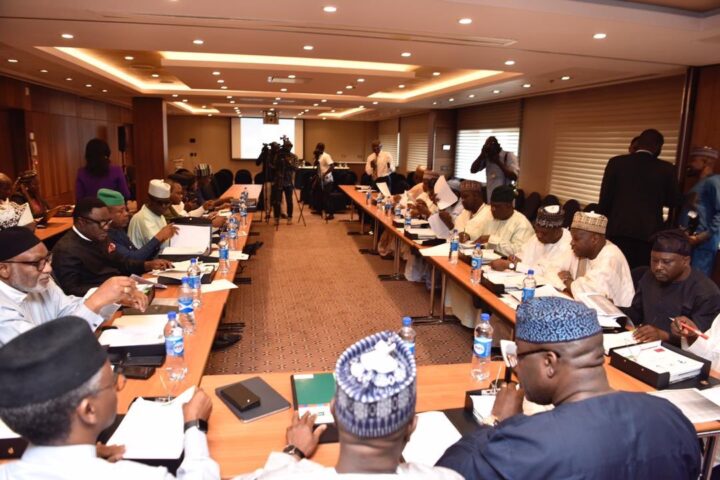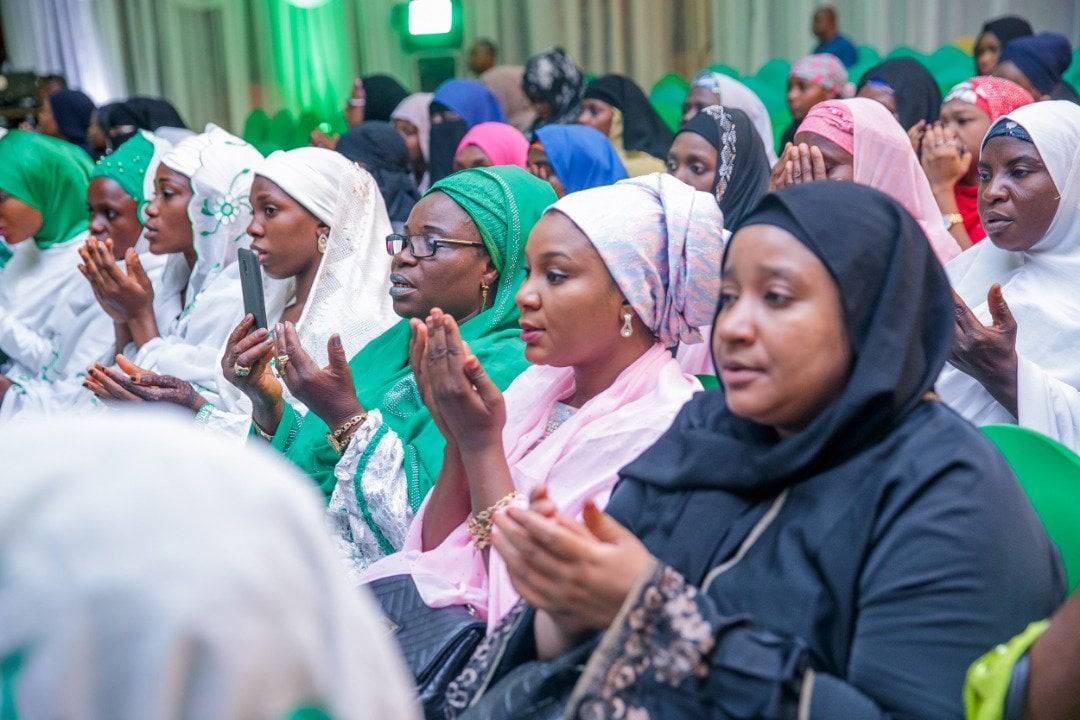BY JOHN C. AZU
In 1978 when China embarked on its audacious reform and opening up programme, it was one of the poorest countries in the world. With a population then of 956 million and GDP at $149 billion, China’s GDP per capita was less than Nigeria’s by about $360 at $36 billion and a population of 69 million. Indeed, most sub-Saharan African countries had better living standards than China in that period.
Fast forward to July 2021 when the governing party, the Communist Party of China (CPC) is marking 100 years of its formation, and you have the second largest economy on earth and still growing in leaps and bounds.
The founding of the Communist Party of China (CPC) on July 1, 1921 in Shanghai was a watershed in the country’s development trajectory, which has shown what visionary and determined leadership can accomplish for an equally mobilised and inspired people.
Advertisement
Leader Deng Xiaopeng, while announcing the reform and opening up programme in 1978, shortly after the country had undergone tumultuous years of cultural revolution, the country was abandoning its contentious centuries of protectionism to usher in a world of competitive growth.
Polished by the dynamism of the National Peoples Congress (NPC) and the Chinese People’s Political Consultative Conference (CPPCC) in charting the development plans, China has attracted the best of investments, grown an innovative economy and advanced new frontiers of all forms of exploration for mankind.
In one generation, the Chinese have leapt forward with growth rate consistent at above 6 percent, and a GDP in 2020 at $15.45 trillion. It now has a per capita of $10, 000 as against United State’s GDP of $21.4 trillion with per capita at $65,297.5 in 2019.
Advertisement
With a population of 1.4 billion, it is daunting to envisage a modest living standard for the people. But this is exactly what the CPC government has done these years by lifting over 800 million people out of poverty. By December, 2020, the government saw millions of citizens in 832 national level counties lifted out of poverty and provided with sustainable livelihoods. China reached purchasing power parity of above 4.2 LCU in 2019. As of November, 2020, disposable income for rural dwellers in China was ¥27, 540 which is $2, 463.55, while that of urban dwellers is ¥64, 084 which is about $9, 868.34.
Yet, the country’s domestic market is largely untapped and would be open for exploitation. This is because the country is a leader in big data and digital economy. Previously, Chinese economy was not as credit-driven as the United States. With big data and biometrics now developed from across the country even in rural country sides, many Chinese can have access to more consumer and luxury goods, with flexible payment systems.
By the end of 2020, 300, 000 5G base stations were extended to prefecture level cities, hiking internet users to about 1 billion.
Before the formation of the CPC, the area that formed the present country of China was beset by centuries of dynastic rule, feudalism and imperialism. Eventually, the foreign occupation of China and the acquiescence of the ruling Qing Dynasty between 1644 and 1911, awakened a great deal of national solidarity and revolutionary spirit in the face of humiliation.
Advertisement
The national pride inspired by the resistance of the peasantry in the Yihetuan Movement or the Boxer Rebellion and the marches across the country calling for an end to imperialism culminating in the May Fourth Movement of 1919 when the students and workers rallied in various parts of the country, led to the formation of the party.
A crucial decision point was reached after the successful wrestling of the country from the feudal monarchs in 1911 by the coalition led by US-trained Dr Sun Yat-sen’s Nationalist Party and building a united front with Li Dazhao on the way forward for the new republic as its people remained largely semi-feudal, backward, rural and poor, and beset by warlordism.
That moment of truth came at the rejection of Chinese delegation’s demand for German concessions on Shandong, end to imperialism, extraterritoriality, legation guards and leases at the Paris Peace Conference in 1919-1920, with its impact at home, which forced the delegation to abstain from the Treaty of Versailles that followed.
Other factors such as the fallout of the World War I and the success of the Bolshevik Revolution of 1917 in Russia, helped inform the decision of the young leaders of the republic such as Li Dazhao and Mao Zedong that the Marxist-Leninist philosophy, despite its unpopularity in the Capitalist West, was the ideological leaning best suited to the Chinese condition.
Advertisement
Once that realization dawned, there was no wavering by the people. Even when faced with the futile attempt by the Kuomintang or National Party led by Chiang Kai Shek to restore Western capitalism in the country, which resulted in a bloody war in 1934 to 1935.
From the formal declaration of the People’s Republic of China on October 1, 1949, and a shift from revolutionary struggles to development and global relationships, the Chinese political bureau has not rested on its oars; it is continuously interrogating its reality amid competing international systems and have maintained a rigorous theoretical, scientific, open and people-oriented approach.
Advertisement
This method as the ideological underpinning of the Hegelian dialectic, impels the operators of the system to be eternally vigilant and shun all forms of complacency.
Thus, Mao wrote that “Some contradictions” are characterized by open antagonism, some are not. Based on the concrete development of things, some contradictions, originally non-antagonistic, develop and become antagonistic, while some contradictions, originally antagonistic, develop and become non-antagonistic.
Advertisement
Mao’s critical stye demands a constant reappraisal of changing forces in society, for new “contradictions” may appear among the masses and even within the party capable of reversing every progress. He was convinced that this immutable force was essential for change. Indeed, Mao has stated explicitly that struggle to resolve contradictions is necessary for the party’s very survival. A corollary is that a certain amount of stress, strain and flux is desirable for China’s political development.
Herein lies Nigeria’s lessons. Nigeria had its first political party, the Nigerian National Democratic Party (NNDP), which later metamorphosed to the National Congress of Nigeria and the Cameroons (NCNC) in 1923, almost the same time as China. Although the early pre-independent political parties were primed to wrest government from the colonial powers, they were consumed thereafter by several intractable contradictions and military coups.
Advertisement
The newer parties which have been floated over the years of civil rule, has largely lacked ideology, discipline and internal democratic mechanism. Indeed, party politics is seen essentially as a platform to secure political office, not for any general good. In other words, it is purely for the advancement of personal and group interests rather than floating the banner of an overarching national developmental vision, which outlives generations. Nigerian political leaders acquire power for its sake.
With a motley crowd of adherents, revolutionary struggles in Nigeria over the years had swiftly assumed ethno-religious dimensions and easily suppressed, with no transformative outcomes for the society. This calls to question the embodying character of the Nigerian state itself and the people’s developmental aspirations.
It is time to begin the journey of nation-building in Nigeria.
John C. Azu, a journalist and author, is based in Abuja.
Views expressed by contributors are strictly personal and not of TheCable.
Add a comment





